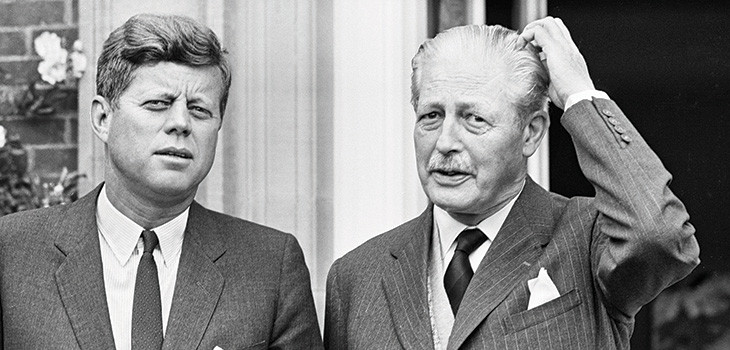
On 21 October 1962, US President JF Kennedy sent an urgent message to UK Prime Minister Harold Macmillan to say the US had photographic evidence that Russia had installed surface-to-air missiles in Cuba and, even worse, that Soviet ships carrying more missiles were heading for the Communist island.
America had been very wary of possible threats from Cuba since the coup which had seized power for Fidel Castro, always assumed to have been achieved with Soviet backing.
According to Kennedy, he had only two options available to him: he could order an all-out air strike to take out the existing missile sites and then blockade Cuba; or he could impose an immediate no-entry zone around the island but with no air strike. Fortunately, the second option, favoured by Macmillan, was chosen and a 500-mile exclusion zone was established, patrolled by the US navy and air force.
As the Russian ships neared Cuba









